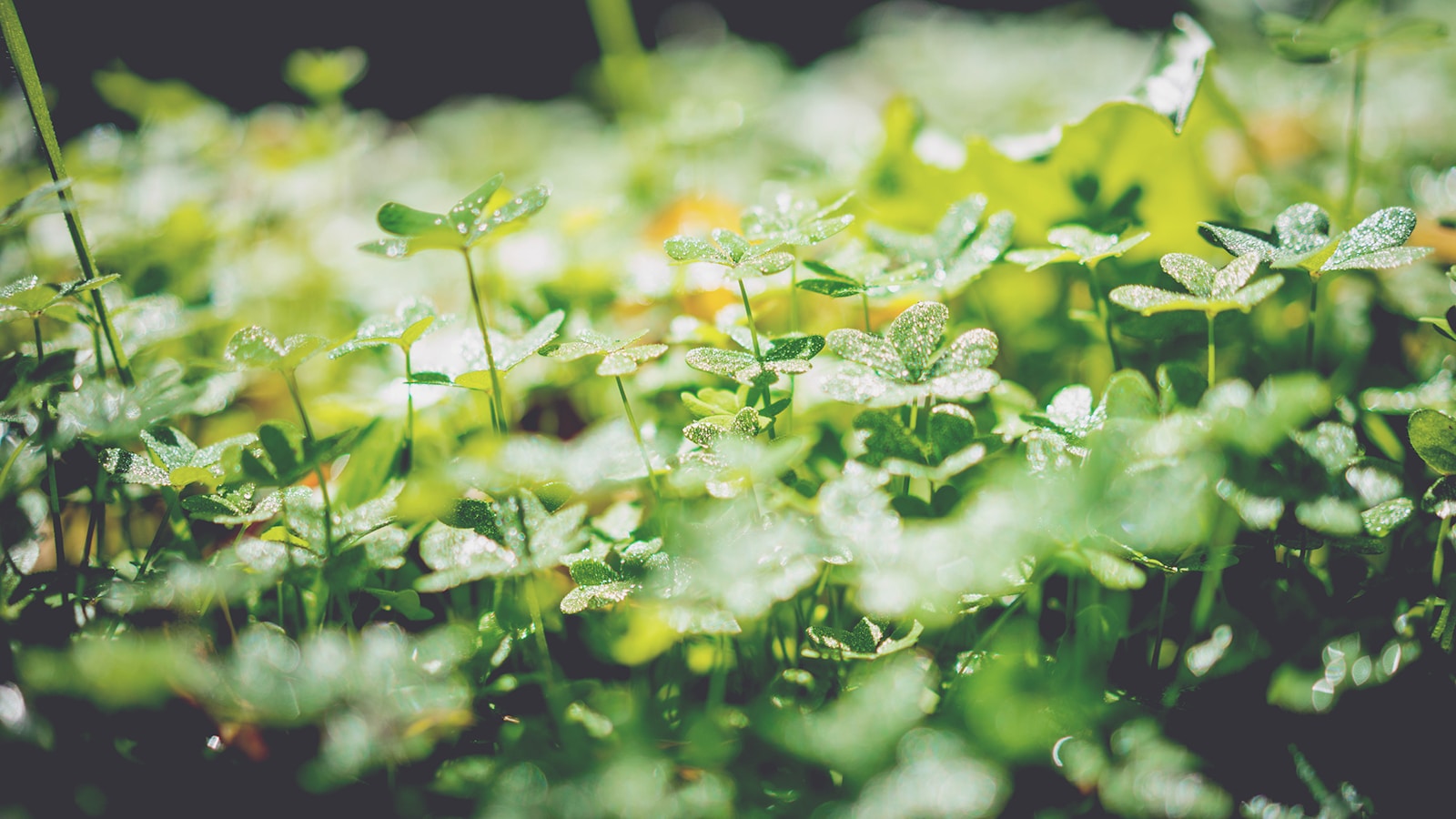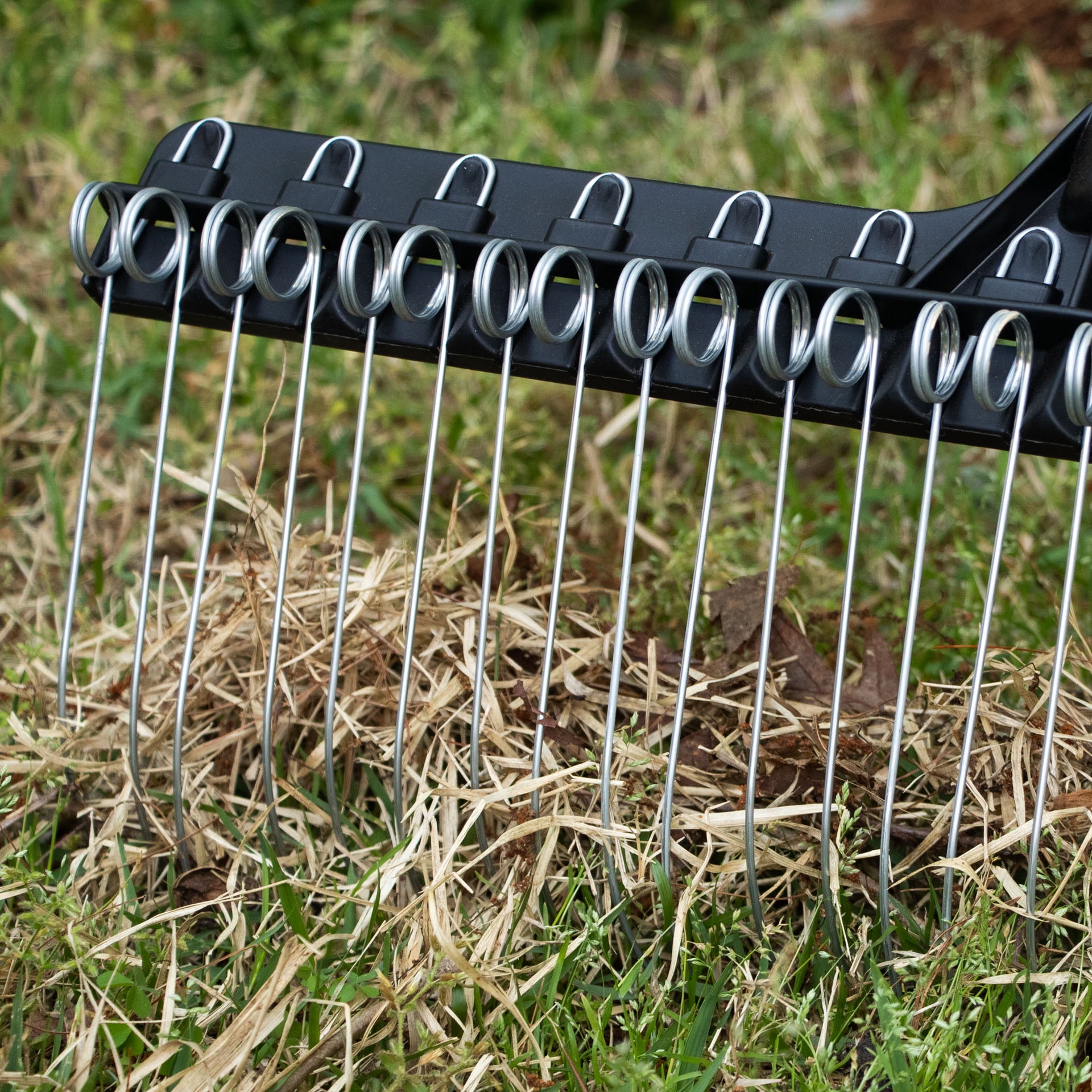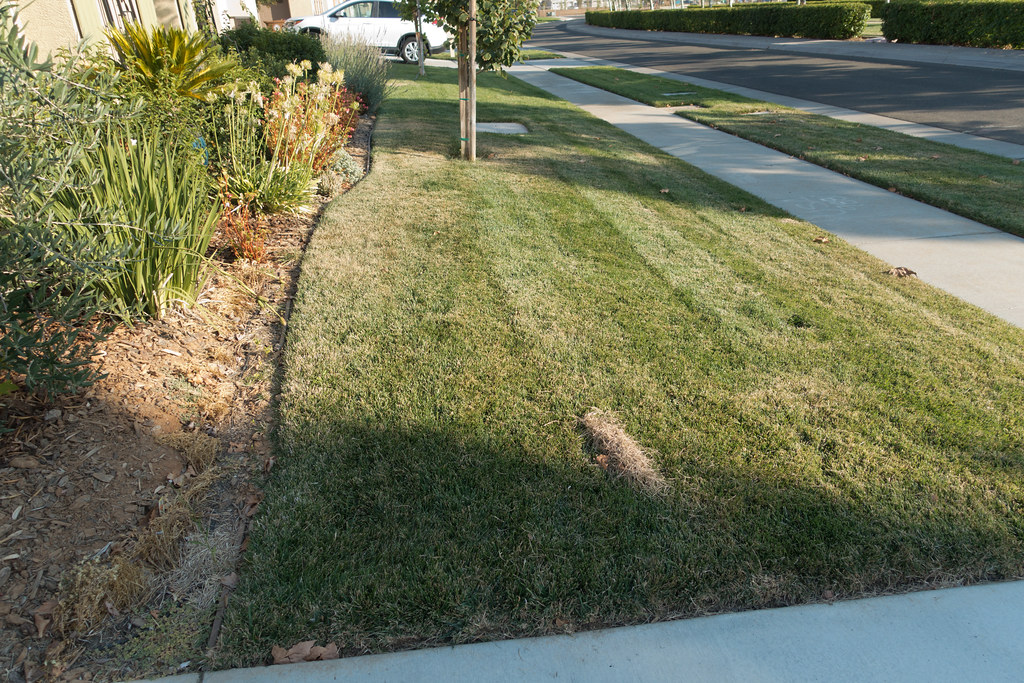For decades, the traditional grass lawn has been the standard for American yards. But in recent years, more homeowners are realizing that green doesn’t always mean eco-friendly. Clover lawns, once dismissed as weeds, are proving to be a sustainable alternative that’s kinder to the environment. Here’s why.
Less Water Use
Grass lawns are notoriously thirsty. In many regions, they require regular irrigation just to stay green through summer. Clover, on the other hand, is naturally drought-tolerant. Once established, it usually needs water only during extended dry spells. That means lower utility bills and less strain on local water supplies.
Natural Fertilizer
Clover has a unique advantage: it’s a legume, which means it draws nitrogen from the air and adds it back into the soil. Unlike grass, which depends on synthetic fertilizers to thrive, clover makes its own. The result is a self-sustaining lawn that stays green without chemicals—and a reduced risk of fertilizer runoff polluting streams and lakes.
Fewer Chemicals Needed
Because clover is hardy and quick to spread, it naturally crowds out many weeds. That means you can skip most herbicides. Insecticides are also rarely necessary, since clover attracts beneficial insects that keep pests in check. Less reliance on chemicals is healthier for your family, pets, and the environment.
Pollinator Friendly
A clover lawn doubles as a mini pollinator habitat. Its small white blossoms attract bees, butterflies, and other beneficial insects, all of which play a critical role in local ecosystems. If you’re worried about bees and kids, you can simply mow before flowering—but even short bloom periods make a positive impact.
Soil Health Booster
Over time, clover enriches the soil. Its deep roots improve aeration and help prevent erosion, while its nitrogen-fixing ability leaves the soil healthier than it was before. If you ever switch back to grass, you’ll actually be starting with better soil.
Reduced Carbon Footprint
Weekly mowing, regular fertilizing, and constant watering all come with an environmental cost. With clover lawns requiring far less of each, your household’s carbon footprint drops. Fewer mower hours also mean fewer emissions and less noise pollution in the neighborhood.
The Bottom Line
Clover lawns aren’t just good for your wallet—they’re good for the planet. From conserving water to supporting pollinators, they’re a small change with big environmental benefits. For homeowners looking to balance curb appeal with sustainability, clover is a smart choice.



